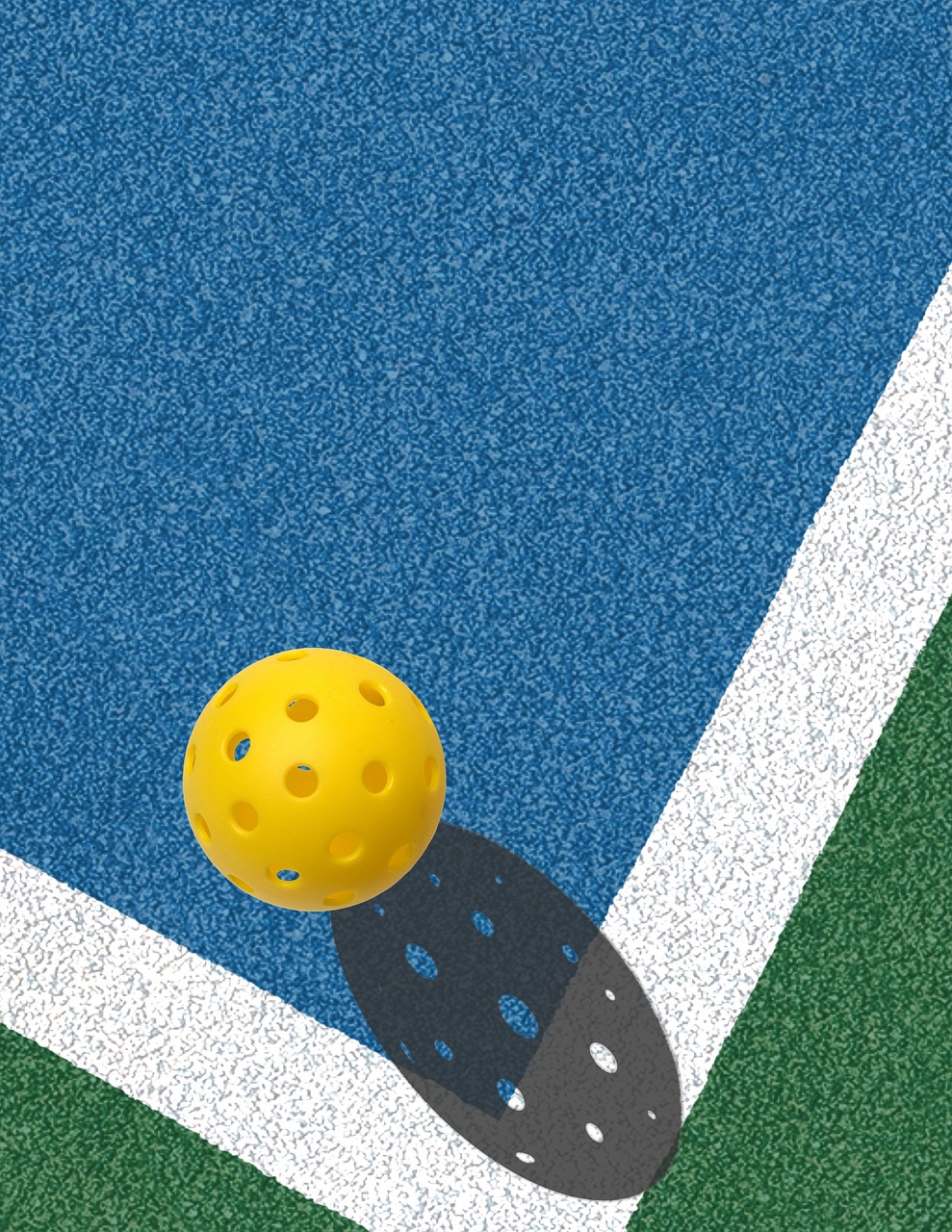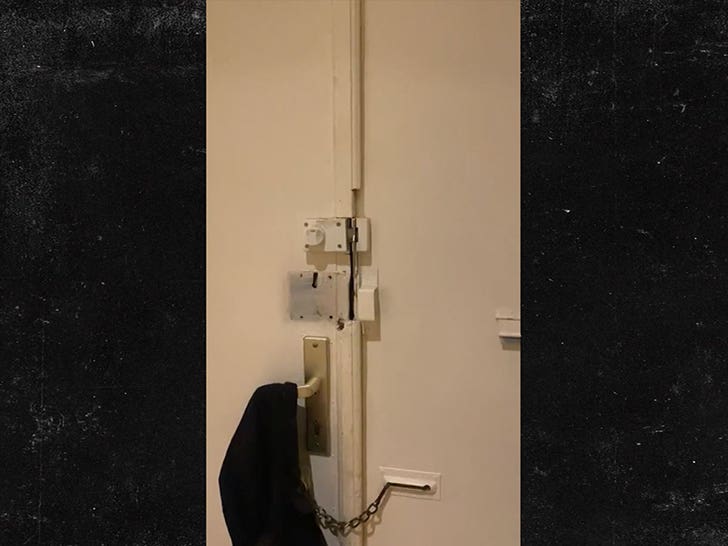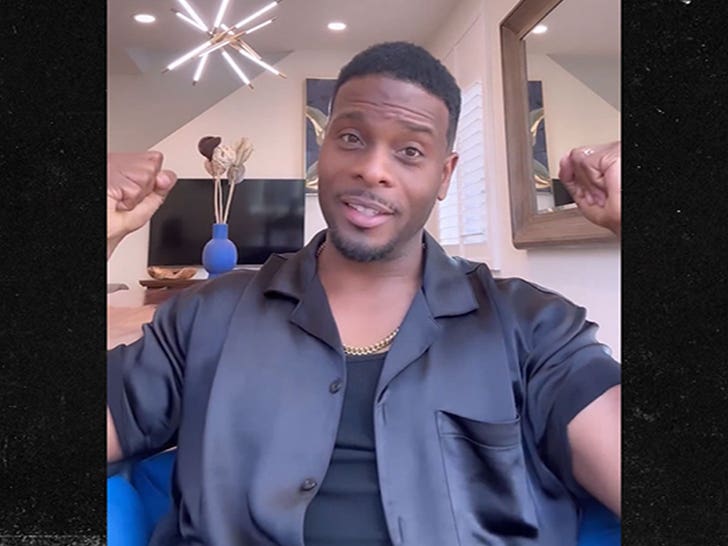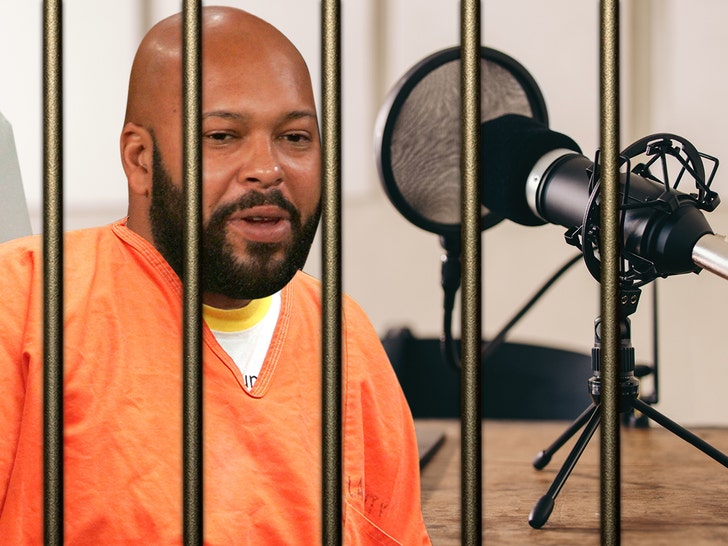Matthew Perry’s Battle Against Drug Abuse and the Healing Power of Pickleball
Discover the incredible story of Matthew Perry’s battle against drug abuse and the unexpected role that pickleball played in his recovery. Known for his iconic role in “Friends,” Perry turned to this beloved game as a tool to keep him away from drugs and stay on the straight and narrow. With a personal coach and a passion for the sport, Perry played pickleball religiously, finding solace and healing in each intense match. His dedication to the game became a source of inspiration, not only for himself but also for others struggling with addiction. Join us as we delve into the power that pickleball had on Perry’s life and witness firsthand the healing journey he embarked on.
I. Introduction
In the world of Hollywood, addiction and substance abuse are unfortunate challenges that some celebrities face. One actor who struggled with drug abuse and made headlines for his battle is Matthew Perry. Known for his role as Chandler Bing on the hit television series “Friends”, Perry’s personal life was deeply affected by his addiction. However, amidst the turmoil, Perry found solace and healing in an unexpected source – pickleball. This article will explore Perry’s battle against drug abuse, the role of pickleball in his recovery, and his lasting impact on the pickleball community.
II. Matthew Perry’s Battle Against Drug Abuse
A. Perry’s struggle with addiction
Matthew Perry’s battle with drug abuse was well-documented throughout his career. Despite his success on “Friends” and his undeniable talent as an actor, Perry faced personal demons that led him down a destructive path. He openly discussed his struggles with substance abuse, revealing that he first tried drugs at a young age and quickly became addicted.
B. Impact on his personal life and career
Perry’s addiction had a profound impact on his personal life and career. It affected his relationships, his mental health, and ultimately jeopardized his livelihood as an actor. The toll of addiction was evident in his public appearances and performances, leading to concerns about his well-being from fans and loved ones alike.
C. Previous rehab attempts
Throughout his battle with addiction, Perry made several attempts to seek treatment and overcome his demons. He attended rehab multiple times, reflecting his determination to find a way out of the darkness that overshadowed his life. However, long-term recovery seemed elusive, and he continued to struggle with maintaining sobriety.
D. Importance of finding effective treatment
Perry’s journey highlights the importance of finding effective treatment for addiction. While traditional rehabilitation methods may work for some individuals, it is crucial to explore alternative approaches that can address the underlying factors contributing to addiction. In Perry’s case, the discovery of pickleball as a therapeutic activity played a significant role in his recovery.

III. The Healing Power of Pickleball
A. What is pickleball?
Pickleball is a paddleball sport that combines elements of tennis, badminton, and table tennis. It is played on a court similar to a small-sized tennis court, with a net in the middle. The game involves hitting a perforated plastic ball with a paddle, aiming to score points by making the ball land inside the opponent’s court.
B. Perry’s discovery of pickleball
For Matthew Perry, the discovery of pickleball came at a critical point in his life. Searching for a healthy outlet to distract himself from addictive tendencies, Perry stumbled upon the game and found it to be both enjoyable and therapeutic. The combination of physical activity, competition, and social interaction offered him a much-needed respite from the challenges he faced.
C. Role of pickleball in his recovery
Pickleball became an essential part of Perry’s recovery journey. Engaging in regular games not only provided him with a healthy distraction but also helped him channel his addictive tendencies into a positive and productive activity. The game’s fast-paced nature and strategic elements also allowed Perry to sharpen his mental focus, improving his overall well-being.
D. Pickleball as a therapeutic activity
Pickleball has long been recognized for its therapeutic benefits. The physical activity involved in playing the game releases endorphins, which can improve mood and reduce stress. Additionally, the social aspect of pickleball fosters a sense of community and support, allowing individuals to connect with others who may be facing similar challenges. For Perry, pickleball became a powerful tool in his journey towards recovery.
IV. Perry’s Passion for Pickleball
A. Perry’s commitment to the sport
Once Matthew Perry discovered pickleball, he quickly developed a deep passion for the game. The sense of joy and fulfillment he experienced on the court fueled his dedication to improving his skills and becoming a proficient player. Perry’s enthusiasm for pickleball was evident to those around him, as he would often share stories and anecdotes about his experiences on the court.
B. Frequency of playing and training
Perry’s commitment to pickleball extended beyond mere enjoyment. He dedicated himself to the sport and made it a priority in his life. Playing pickleball became a regular part of his routine, with Perry engaging in the game multiple times a week. This consistent practice allowed him to not only improve his physical abilities but also find a sense of purpose and achievement outside of his acting career.
C. Involvement of personal coach
To further enhance his skills and maximize his potential in pickleball, Perry sought the guidance of a personal coach, Matt Manasse. Manasse played a crucial role in Perry’s journey, providing him with professional training, guidance, and support. With the help of his coach, Perry was able to hone his technique and develop a deeper understanding of the game.

V. Pickleball as a Tool for Recovery
A. Distraction and focus on the game
One of the key ways in which pickleball aided Perry in his recovery was by providing a much-needed distraction from his addictive tendencies. Engaging in the game required his full attention and focus, allowing him to momentarily escape from the challenges of addiction. The intense concentration demanded by pickleball helped Perry redirect his energy towards a constructive and healthy activity.
B. Physical and mental benefits
Pickleball is a physically demanding sport that requires agility, coordination, and endurance. Regular engagement in the game allowed Perry to improve his physical fitness and overall well-being. The physical exertion involved in playing pickleball released endorphins, which can help alleviate symptoms of depression and anxiety. Additionally, the mental focus required in pickleball sharpened Perry’s cognitive abilities and provided him with a sense of mental clarity.
C. Social interaction and support
Pickleball is a social sport that encourages interaction and connection with others. For Perry, who was navigating the challenges of addiction recovery, the social aspect of pickleball was particularly beneficial. Engaging in games with fellow players offered him a sense of camaraderie and support. Perry was able to forge connections with individuals who shared similar experiences, fostering a sense of belonging and understanding.
D. Channeling addictive tendencies into a healthy activity
One of the most significant advantages of pickleball for Perry was its ability to channel his addictive tendencies into a healthy and productive activity. Instead of seeking solace in substances, Perry found solace in the competitive nature of pickleball. The game provided him with an outlet for his competitive drive, allowing him to channel his energy towards a constructive endeavor.
VI. Perry’s Impact on the Pickleball Community
A. Introduction of pickleball to others
As Matthew Perry’s passion for pickleball grew, he became an advocate for the sport and introduced it to others who were also battling addiction. Perry recognized the therapeutic benefits that pickleball offered and actively encouraged fellow recovering addicts to engage in the game. By sharing his own experiences and the positive impact pickleball had on his life, Perry hoped to inspire and support others on their own recovery journeys.
B. Support for recovering addicts
Perry’s involvement in the pickleball community went beyond playing the game himself. He extended his support to fellow recovering addicts, using pickleball as a means to connect with and assist them in their recovery. Perry’s compassionate nature and personal experiences made him uniquely equipped to offer guidance and understanding to those who needed it most. Through pickleball, he was able to provide a sense of hope and motivation to others who were battling addiction.
C. Advocacy for pickleball as a therapeutic tool
Perry’s personal experiences with pickleball led him to believe in the sport’s potential as a therapeutic tool for addiction recovery. He became an advocate for pickleball, using his platform and influence to raise awareness about its benefits. Perry believed that pickleball had the power to transform lives, as it did for him, and he actively promoted its inclusion in addiction treatment programs and therapy.

VII. Perry’s Tragic Death
A. Details of Perry’s passing
Tragically, Matthew Perry’s life was cut short, and he passed away at the age of 54. Perry’s death shocked his fans and the entertainment industry as a whole. The circumstances surrounding his passing were heartbreaking, leaving many in mourning for the loss of a talented actor and advocate.
B. Speculations surrounding the cause of death
At the time of writing this article, the cause of Matthew Perry’s death remains a mystery. Speculations have arisen, but concrete evidence has yet to be released. Friends, family, and fans anxiously await the results of the autopsy, hoping for answers and closure.
C. The loss of a talented actor and advocate
Matthew Perry’s passing is a significant loss for both the entertainment industry and the addiction recovery community. His talent as an actor and his dedication to advocacy left an indelible mark on the lives of those he touched. Perry’s commitment to sharing his story and helping others will be remembered and honored as his legacy continues.
VIII. Overcoming Drug Addiction through Alternative Methods
A. Importance of finding healthy coping mechanisms
The journey to overcoming drug addiction is not a one-size-fits-all approach. Each individual may find success through different methods and strategies. Perry’s story exemplifies the importance of finding healthy coping mechanisms that resonate with an individual’s interests and passions. Engaging in activities that provide joy, distraction, and a sense of purpose can be crucial in sustaining long-term recovery.
B. The role of physical activities in recovery
Physical activities, like pickleball, can play a significant role in addiction recovery. The release of endorphins during exercise can improve mood and combat feelings of depression and anxiety. Engaging in physical activities also promotes overall well-being and provides an alternative outlet for one’s energy and emotions.
C. Other examples of alternative therapies
Pickleball is just one example of an alternative therapy that can aid in recovery. There are numerous other activities and practices that individuals have found beneficial in their journeys towards sobriety. These include art therapy, yoga, meditation, equine therapy, and more. It is essential to explore different options and find what resonates best with each individual’s needs and interests.
IX. The Matthew Perry Foundation and Continued Advocacy
A. Establishment of the Matthew Perry Foundation
To honor his commitment to addiction recovery and mental health, Matthew Perry established the Matthew Perry Foundation. The foundation’s mission is to provide support and resources for individuals seeking recovery from addiction and mental health challenges. It aims to raise awareness, reduce stigma, and promote access to effective treatment.
B. Focus on supporting addiction recovery and mental health
The Matthew Perry Foundation focuses on two primary areas – addiction recovery and mental health. Through partnerships with established organizations and initiatives, the foundation works to fund programs that provide resources, treatment options, and support for those in need. It also strives to promote education and destigmatize addiction and mental health issues.
C. Perry’s legacy and impact on the field of addiction treatment
Matthew Perry’s legacy extends beyond his acting career. His openness about his struggles with addiction and his dedication to helping others have left an enduring impact on the field of addiction treatment. By using his platform to raise awareness, share his story, and advocate for alternative therapies like pickleball, Perry sparked conversations and opened doors for others to find their own paths to recovery.
X. Conclusion
Matthew Perry’s battle against drug abuse and his discovery of pickleball as a tool for recovery are compelling stories of resilience, determination, and the transformative power of finding healthy outlets. Through his passion for the sport, Perry not only found personal healing but also made a significant impact on the pickleball community and others struggling with addiction. His passing may have been heartbreaking, but his legacy lives on through the Matthew Perry Foundation and continued advocacy for addiction recovery and mental health support. Perry’s story serves as a testament to the importance of finding alternative methods in the face of addiction and the potential for positive change when we embrace new pathways to recovery.






